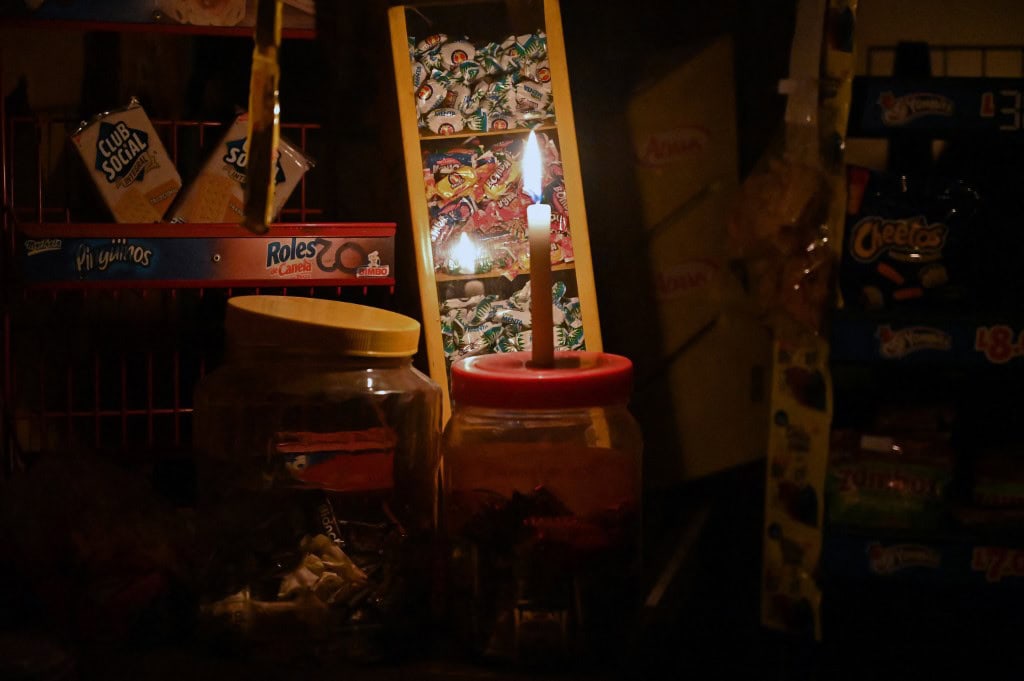The high temperatures and drought affecting Central America have Honduras facing problems in energy generation, the government acknowledged on Saturday in a radio and television broadcast.
The blackouts that had been occurring for weeks in San Pedro Sula, the country’s second-largest city, and other urban centers in the northern region extended to several areas of the capital during the day and night on Saturday, lasting up to two hours.
The manager of the state-owned National Electric Energy Company (ENEE), Erick Tejada, asked for “clear and total understanding” from citizens because “in recent days, due to the strong heat waves and prolonged drought affecting the region, the operation of the national interconnected system has been affected.”
He acknowledged that the blackouts in the capital were due to a “brief failure of 4 transformers operating in the central-southern zone,” which was “corrected in record speed.”
He detailed that the government inherited a 3,000 MW matrix, but generation drops to 1,750 MW at night due to the “heat waves and drought” that affect generation sources and increase demand.
“In the coming weeks, we will have to go out to tender publicly and internationally for 1,500 MW of firm power to solve the eternal supply problem inherited” from the previous government, he promised.
The state-owned Permanent Contingency Commission (Copeco) declared a “red alert” on Saturday in five of the country’s 18 departments “due to pollution levels,” all in the northern region.
The red alert consists of “avoiding outdoor physical activities where high presence of smoke and haze is still observed” and “using a mask,” among other measures.
A dense layer of smoke has covered the capital and other cities in Honduras during the last few weeks due to some 2,600 forest fires that destroyed more than 208,000 hectares of forests, according to the state-owned Forest Conservation Institute (ICF).
Costa Rica has also initiated electricity rationing due to water shortages in the reservoirs that supply hydroelectric power plants because of the drought caused by the El Niño phenomenon.







